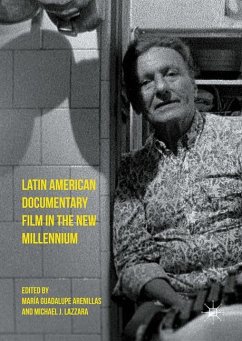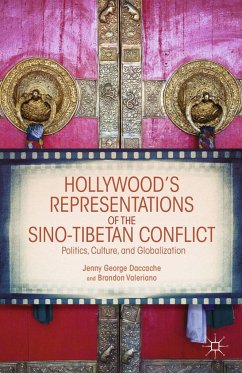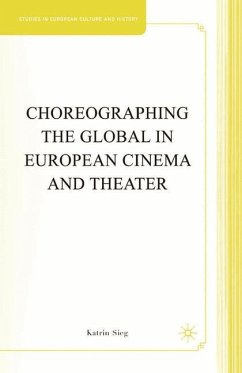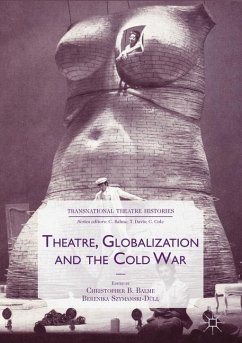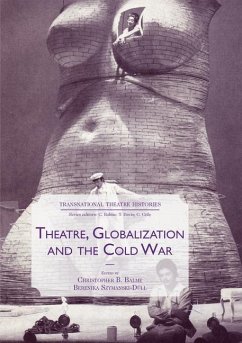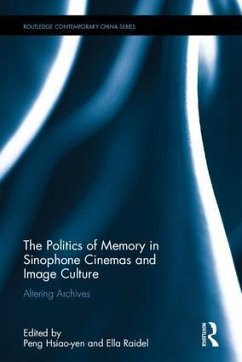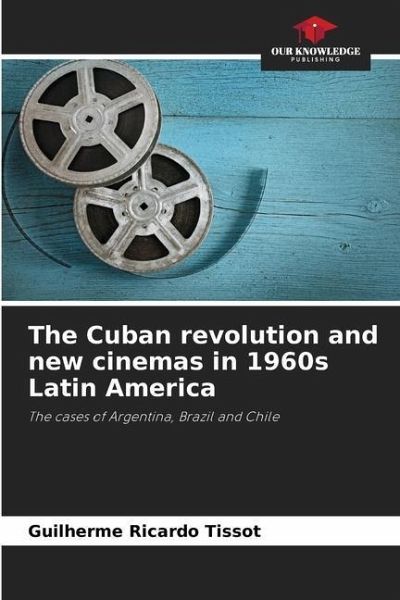
The Cuban revolution and new cinemas in 1960s Latin America
The cases of Argentina, Brazil and Chile
Versandkostenfrei!
Versandfertig in 6-10 Tagen
36,99 €
inkl. MwSt.

PAYBACK Punkte
18 °P sammeln!
This book presents a thorough and unprecedented study in southern Brazil on the new cinemas of the 1960s and international relations and how these two areas merge to form the phenomenon of the emergence of a revolutionary, activist and resistance auteur cinema against military dictatorships and US imperialism. The method of analysing international politics created by Robert Putnam was used, through three case studies: Argentina, Brazil and Chile, with reference to the main significant films for this movement in each of the countries mentioned. The study was based on Vânia Bambirra's dependenc...
This book presents a thorough and unprecedented study in southern Brazil on the new cinemas of the 1960s and international relations and how these two areas merge to form the phenomenon of the emergence of a revolutionary, activist and resistance auteur cinema against military dictatorships and US imperialism. The method of analysing international politics created by Robert Putnam was used, through three case studies: Argentina, Brazil and Chile, with reference to the main significant films for this movement in each of the countries mentioned. The study was based on Vânia Bambirra's dependency theory, as well as elements of the constructivist theory of international relations and refrained from carrying out a film critique of the works, only an analysis within the great international phenomenon (Cuban Revolution) and its repercussions on artistic micro phenomena, such as the new cinemas in Latin America in the 1960s.



